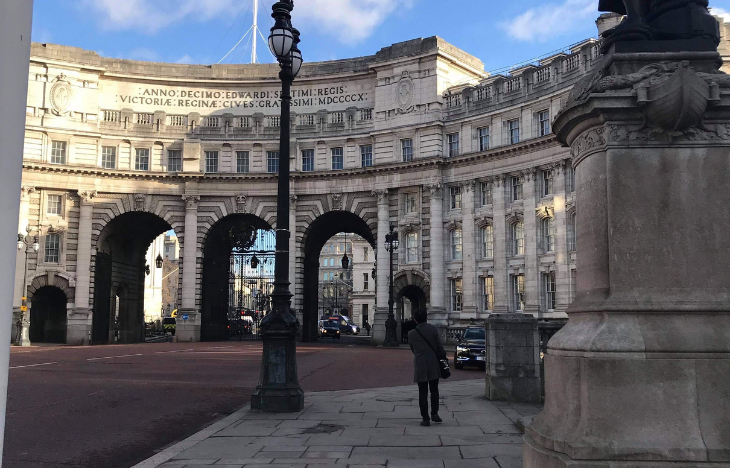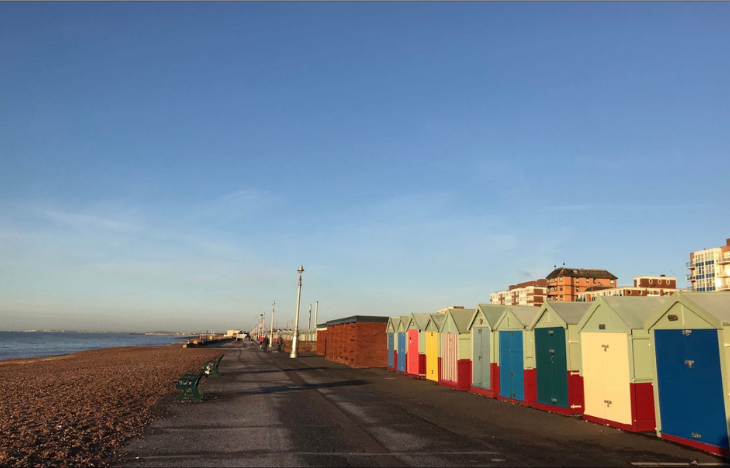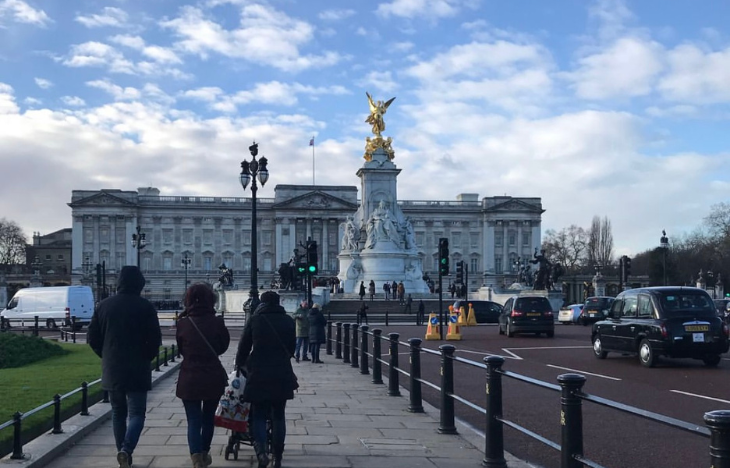Written by Greta Porter
Everyone tells you to travel while you’re young, especially in your 20’s! But as a university student this can sometimes feel impossible with the expenses and commitments that come with studying.
I myself have started booking a holiday after doing some research and asking around for advice.
So here are my top tips for uni students to help get you on that dream holiday!
Set a budget and savings goal
A trip abroad simply doesn’t happen if you don’t have a budget or a savings goal so it’s important to sit down, go over your income and expenses and see where you can start putting money aside each week. Saving for a trip abroad is a marathon, not a sprint so try and be consistent with adding to your goal.
A savings goal will depend on where you want to go, how long you want to be there for, what you want to do and what sort of accommodation suits you. Anywhere between $3000 and $10,000 is ideal. A trip to Bali will obviously be a lot cheaper than a trip to Europe so the destination will definitely sway how much you’ll need to save.
Keep in mind you’ll need to pay for:
- Flights
- A passport (if you’re leaving Australia)
- Travel insurance
- Accommodation
- Transport
- Food
- Activities/attractions
Choose budget friendly accommodation
There is plenty of choice when it comes to booking accommodation which can include; hotels, hostels, Airbnb’s, couch surfing and homestays.
Hotels and Airbnb’s are going to be much more expensive compared to hostels which are widely priced and could range from $30 to $60+ per night. It really depends on the quality of the hostel, whether you travel at peak times and what room you get.
Hostels are great because they offer affordable accommodation that is social and often filled with other solo travellers who you can meet and explore new cities with. Hostels often offer female only dorms which can range from 4 all the way up to 18+ people. In most cases you’ll share bathroom facilities, much like us students do if you’re living on campus and they’ll have bunk beds with room to store your belongings.

Couch surfing on the other hand, is an excellent way to stay with locals for free as a mini cultural exchange. The app, however, does require a small subscription fee of $4.49 a month. Couch surfing has plenty of perks, but also needs to be approached with caution so make sure you check the reviews of hosts before staying with them. It’s not for everyone, but I know people that have used couch surfing and absolutely loved it!
Plan in advance
A good rule of thumb is to book flights 9-12 months in advance, because the closer it is to when you need to leave, the more expensive they can become. Keep an eye on travel deals and sometimes you can even set a ‘watch this fare’ alert to get notified when specific flights go on sale. Booking activities, attractions or day trips in advance is also a good idea because often they’re cheaper online compared to showing up on the day. Thinking about how you’ll get around when you get there is also worth looking into because once again, booking in advance can become a lot cheaper.
As an example, if you fly into Heathrow airport you might be wondering how to get into central London. The Heathrow Express train is a fast-non-stop service that takes you right to Paddington Station in 15 minutes and will cost you £5.50, but only if you book 90+ days in advance. If you book on the day or less than 90 days, it’ll set you back roughly £25. It mightn’t seem like much, but as a uni student on a budget saving money where you can will make your trip cheaper so do a bit of research!
Consider a Contiki or Top Deck tour
Contiki or Top Deck tours are fantastic especially if it’s your first time overseas. They offer group tours around the world giving you a taste of so many different places and the best part is that it’s all planned for you! Tours can range from just a few days to over a month so there’s something for everyone. All you need to do is book your tour, book your flights and off you go! They’re group tours (so you’ll meet a whole bunch of awesome people), that are led by expert tour guides and often have breakfast and some dinners provided.
They’re also really handy at giving you an idea of how much you’ll need to save because all the accommodation, travel (excluding flights), some food and some activities are included in the set price. Definitely check out both Contiki and Top Deck and maybe even convince some friends to come with you!

When you’re travelling, don’t forget that grocery shops exist
Although it can be fun to try local cuisine at cafes and restaurants when you’re travelling, eating out all the time can get ridiculously EXPENSIVE so make sure you have a balance and duck into the local grocery shop every now and again. They will be a lot cheaper and are not to be overlooked – besides looking around foreign grocery stores can be quite the experience.
Use public transport
If you’re travelling on a budget or travelling cheaply, you’ll want to use public transport such as trains, trams and buses. Taxi’s, Ubers and rental cars can become SO expensive. An uber here and there won’t hurt, but public transport is a lot more affordable. Alternatively, walking is completely free and ideal if you’re staying in a city centre.
Shop second hand if you need specific travel items

So you want to go overseas but you don’t have a proper suitcase? Borrow one from a friend or shop second hand to avoid spending hundreds before you’ve even left the country. You’re going to the snow, but you don’t have a proper snow jacket? Get onto eBay, Depop, Facebook Marketplace or go into Op Shops to save some money. You don’t want to be spending a bunch of cash on new items that you’ll only use specifically for your trip if you don’t have to.
Check out all the free things to do at your destination
There are plenty of museums, markets, walking tours, galleries, parks and attractions to see that don’t cost you anything. Not everything you do has to cost money.
Check out CSU Global
Want to travel whilst still completing units of your degree? Well guess what – you can! Charles Sturt Global gives students the opportunity to travel overseas in a variety of ways from exchanges to short stays and study abroad programs. Exchanges take place at a variety of partner universities with the ability to get funding and scholarships to help out with the costs as well as completing units of your degree.
Financial help with these exchanges includes travel grants between $450-$1500 and the New Columbo Scholarship that’s offered through the Australian Government to help students on exchange.
Studying abroad is similar to exchange but takes place with a University that is not a partner of Charles Sturt meaning you can choose anywhere you like, and they also have travel grants and scholarships available.
Short stays are also another way to travel as a university student and are usually run by a staff member who takes groups of students abroad on these short-term stays.
Needless to say, there are plenty of travel opportunities depending on your degree, how long you want to go for and what suits you best. If this sounds like something you’d be interested in, head to the Charles Sturt Global webpage or email csuglobal@csu.edu.au for more information and set up a meeting with one of the lovely staff members.
All the best with your budgeting and travelling!










